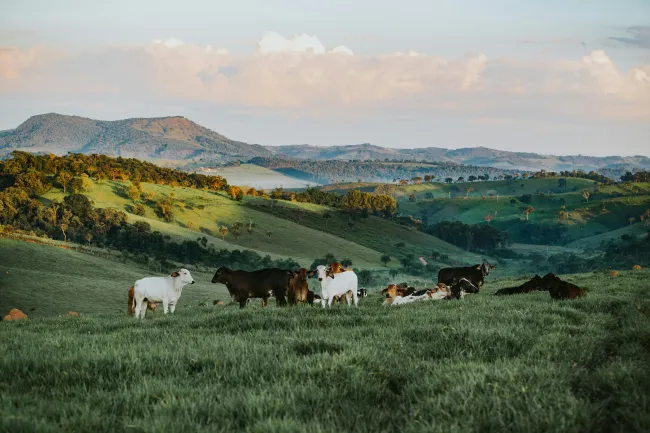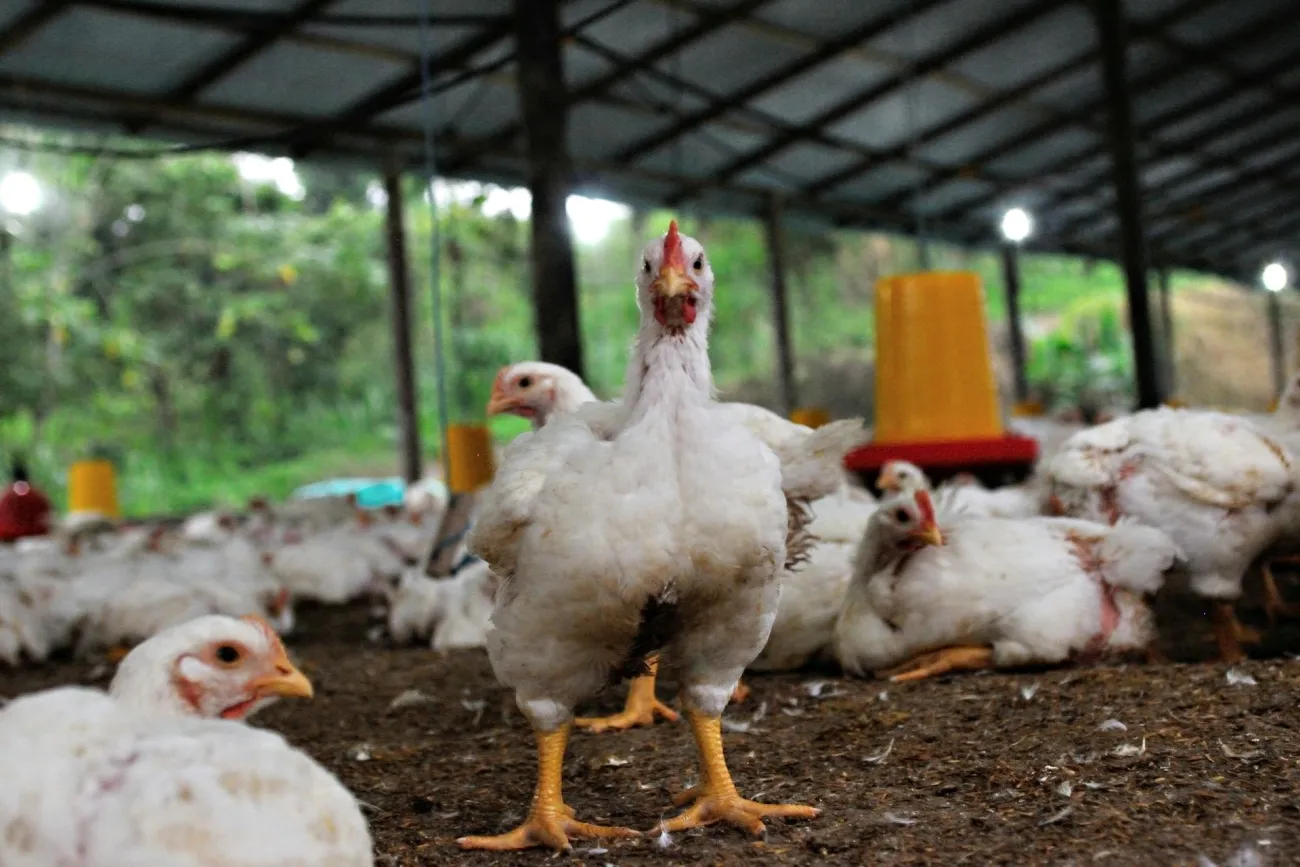This study aims to understand why agroecology transitions are so fraught with challenges. The authors have identified five interrelating dimensions for analysing these transitions, arguing that they have been explored in research separately and to varying degrees.

Abstract
There is a growing global interest in agroecology, yet agroecological transitions remain fraught with challenges. These include the need to reconfigure the productive and reproductive agrarian relations of unsustainable food systems and to rethink how we work with ecosystems. Using a political economy approach, we propose five key interrelated dimensions for analyzing agroecological transitions: (i) social metabolism; (ii) labor dynamics; (iii) markets and resources; (iv) social organization; and (iv) policies and politics. While these dimensions are often analyzed separately and to varying degrees, we argue that together they contribute to a comprehensive analysis of the political economy of agroecological transitions.
Reference
McKay, B. M., Nehring, R., & Catacora-Vargas, G. (2024). The political economy of agroecological transitions: key analytical dimensions. The Journal of Peasant Studies, 1–24. https://doi.org/10.1080/03066150.2024.2399138
Read more here. See also the TABLE explainer, what is agroecology?




Comments (0)